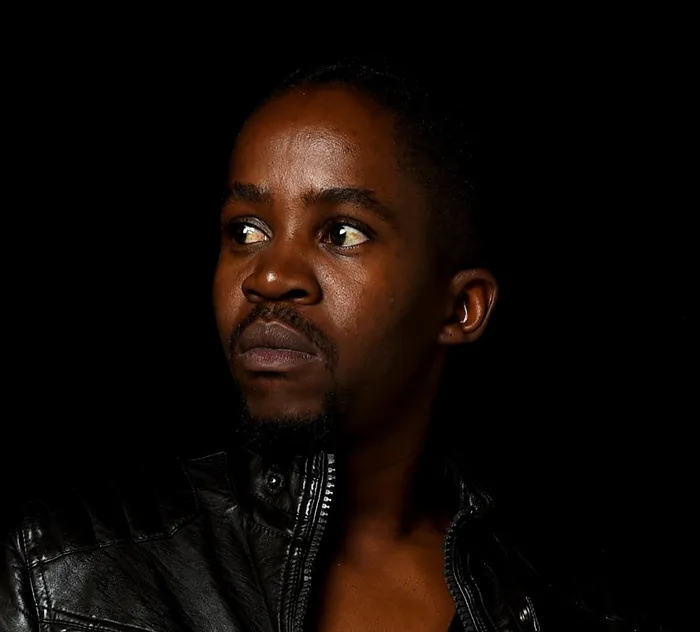Strong parties resist mergers because power gives them choices. Weak parties often embrace mergers because irrelevance leaves them with no choice. That is the story of GOOD, BOSA, and Rise Mzansi’s attempt to fuse into one entity ahead of the 2026 elections. Where the ANC, EFF and MKP posture around coalition but cling to separate brands, the smaller players bet their future on unity. It is the logic of weakness, not strength, that drives them.

Rabbie Serumula, author, award-winning poet, journalist.
Image: File
The ANC, the EFF, and Jacob Zuma’s MK Party would never dream of dissolving themselves into a single structure. Each draws its identity from mythology that cannot be traded or blended. The ANC clings to liberation credentials, the EFF wraps itself in radical red, and MKP thrives on grievance politics. Their power lies precisely in their separateness. A merger is unthinkable.
For GOOD, BOSA, and Rise, the equation is brutally different. GOOD has clung to its niche of social democracy under Patricia de Lille, but it has never achieved mass relevance. BOSA was built on Mmusi Maimane’s charisma but not on electoral numbers. Rise Mzansi, the newest entrant, spoke the language of fresh politics but failed to ignite a popular fire. Each, on its own, risks slipping below the threshold of visibility. Together, they hope to form something louder, something that at least registers.
Merging brings both opportunities and dangers. A bigger signal does not guarantee resonance. Three weak brands combined do not automatically produce a strong one. The project risks looking like a marriage of desperation rather than a confident step forward. If Sunday’s announcement is framed poorly, voters may read it as an SOS from parties sinking beneath the waves, instead of a bold experiment.
Still, it would be unfair to dismiss the logic entirely. South Africa’s electorate is weary of endless fragmentation. Every election produces a new alphabet soup of micro-parties, each nibbling away at fractions of a percent. GOOD, BOSA, and Rise at least recognise that a divided centre cannot challenge the dominance of the old order. Their gamble is that fusion will be received as seriousness, not weakness.
The contrast with the big players is instructive. ANC, EFF and MKP can afford to fight each other in public, confident that millions will still line up behind their banners. Their survival does not depend on cooperation. By contrast, the smaller parties are discovering a harsh truth: survival depends on surrendering ego, brand, and independence. Fusion is their only route to mattering.
Whether voters will reward this humility remains to be seen. South Africans are not easily convinced by political marriages. Too often, these alliances feel like insider arrangements rather than people-driven movements. Unless the new entity can speak convincingly to lived realities, jobs, safety, electricity, and dignity, it will be nothing more than a temporary political fix, not a real answer to the country’s crisis.
The logic of weakness may bring them together. Only the logic of the people will decide if they survive.
For more analysis and commentary in vernacular, join the conversation on Rabbie’s YouTube Channel: www.youtube.com/c/RabbieWrote?sub_confirmation=1
Related Topics: